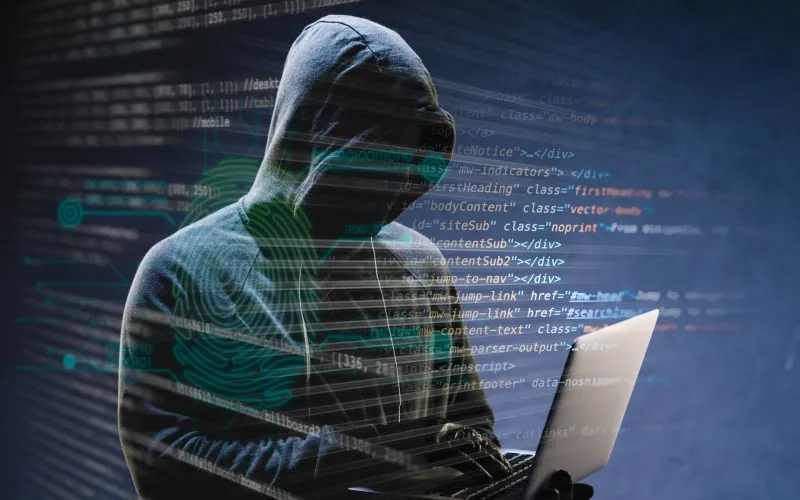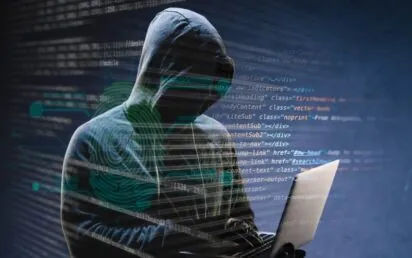Over the previous decade, cybersecurity and everything it entails has become one of the most important considerations for lawmakers across Europe. This is additionally concerning as many industries are increasingly becoming digitised, opening them up to damaging and costly cyber-attacks.
However, as with most things, Europe has been proactive on the issue of cybersecurity. This has led to them implementing various legislative measures over the previous few years, aimed at protecting their digital services and critical infrastructure, with each country selecting to utilise a tailored approach best suited to their needs. Here’s a look at how different European regions have been dealing with cybersecurity.
Norway’s Approach to Cybersecurity
As a country, Norway has always been known for its stringent regulations and law-abiding population. And when it comes to their cybersecurity measures, the intense emphasis on following secure protocols to protect both the users and operators in the country simultaneously proves no exception.
However, the more popular and profitable online services like online shopping, streaming services, and the online gambling industry become, the more risks become apparent. The iGaming sector has been a particular concern recently.
As the online gambling sector continues to grow, selecting the best platform for your individual needs can be overwhelming, initially. According to gambling expert Thomas Kinkaj-Grønvold, many gambling enthusiasts now rely on expert review sites to explore the best and most trusted platforms and the current selection of online casinos that have been pre-vetted for security protocols and other features by experts.
Norwegian lawmakers ensure a safe and level playing field for its local citizens. At the same time, Norway’s online casinos remain at the cutting edge of cybersecurity as a whole. Their commitment to player safety and security prioritisation easily stands out from most other developed European countries.
With the industry setting a standard for advanced cybersecurity protocols in the region, some of its measures like advanced encryption, biometric logins, and Anti-DDoS Protection are becoming norms across other industries as a result.
While these measures were initially seen as overbearing, the impacts have mainly been positive. As a result, most industry experts agree they foster more trust among users and simultaneously, help maintain the integrity of the online entertainment sector as a whole.
The UK’s Comprehensive Cybersecurity Framework
In the UK, over the previous fifteen years, lawmakers and the most influential cybersecurity industry stakeholders have worked together to ensure the country is established among the most robust and well-designed cybersecurity frameworks. Of critical importance was the placement of the National Cyber Security Centre (NCSC) at the forefront of the country’s public and private sector cybersecurity strategy and implementation.
Moreover, the National Cyber Security Centre is directly responsible for protecting critical infrastructure in the country, essential to economic growth, standard of living, and national security. These include the transport, energy, and healthcare industries.
At the same time, the utilisation and implementation of the UK’s Cyber Essentials scheme, which was an industry pioneer at the time of its conception, has gone a long way to ensure local businesses are aware of and adopt critically important cyber security measures.
Traditionally these measures have included secure and encrypted internet connections, stringent access to important personal and company data, and mitigating the potential for damaging cybersecurity threats, hackers, and malware.
Regarding the all-important financial sector, the most critical in the UK, the country has the Financial Conduct Authority (FCA) to thank for the vital and stringent cybersecurity measures and guidelines. This has all but eliminated nefarious disruptions to the crucial financial services sector while guaranteeing widespread and deeply entrenched consumer confidence.
EU-Wide Cybersecurity Regulations: NIS2, DORA, and CRA
Broadly speaking, at the European Union level, key regulations such as NIS2, DORA, and CRA have been implemented with widespread success and have ensured a significantly strengthened cybersecurity framework across all the member states.
It is important to note that the Network and Information Systems Directive (NIS2) is similar to its predecessor, NIS1 in most critical ways. However, it has a substantially widened scope in terms of directly imposing harsher cybersecurity requirements on individuals and businesses operating in critical sectors. These sectors usually include companies involved with banking energy and healthcare.
Similar to the UK’s Financial Conduct Authority (FCA), the European Union’s Digital Operational Resilience Act (DORA) was specifically designed, created, and mandated to target and implement the financial sector’s vital cybersecurity framework. At the same time, despite these measures seeming stringent at first, they have been influential regarding the protection and resilience of all ICT-related disruptions.
Despite being frequently overlooked, all European Union-based digital products connected to the internet or that utilise advanced software are now directly answerable to the EU Cyber Resilience Act (CRA).
France’s Focus on Critical Infrastructure
Similar to most other leading European Union member states, France has taken a proactive and largely successful approach to its cybersecurity framework and implementation. Currently, the National Cybersecurity Agency of France (ANSSI) oversees the country’s cybersecurity strategy, working with various sectors to implement protective measures.
At the same time, France’s HOP’EN program is directly mandated with securing critical patient data, protecting medical devices, and ensuring the continuity of healthcare services in the event of a cyberattack.


